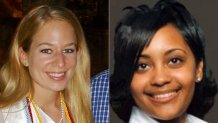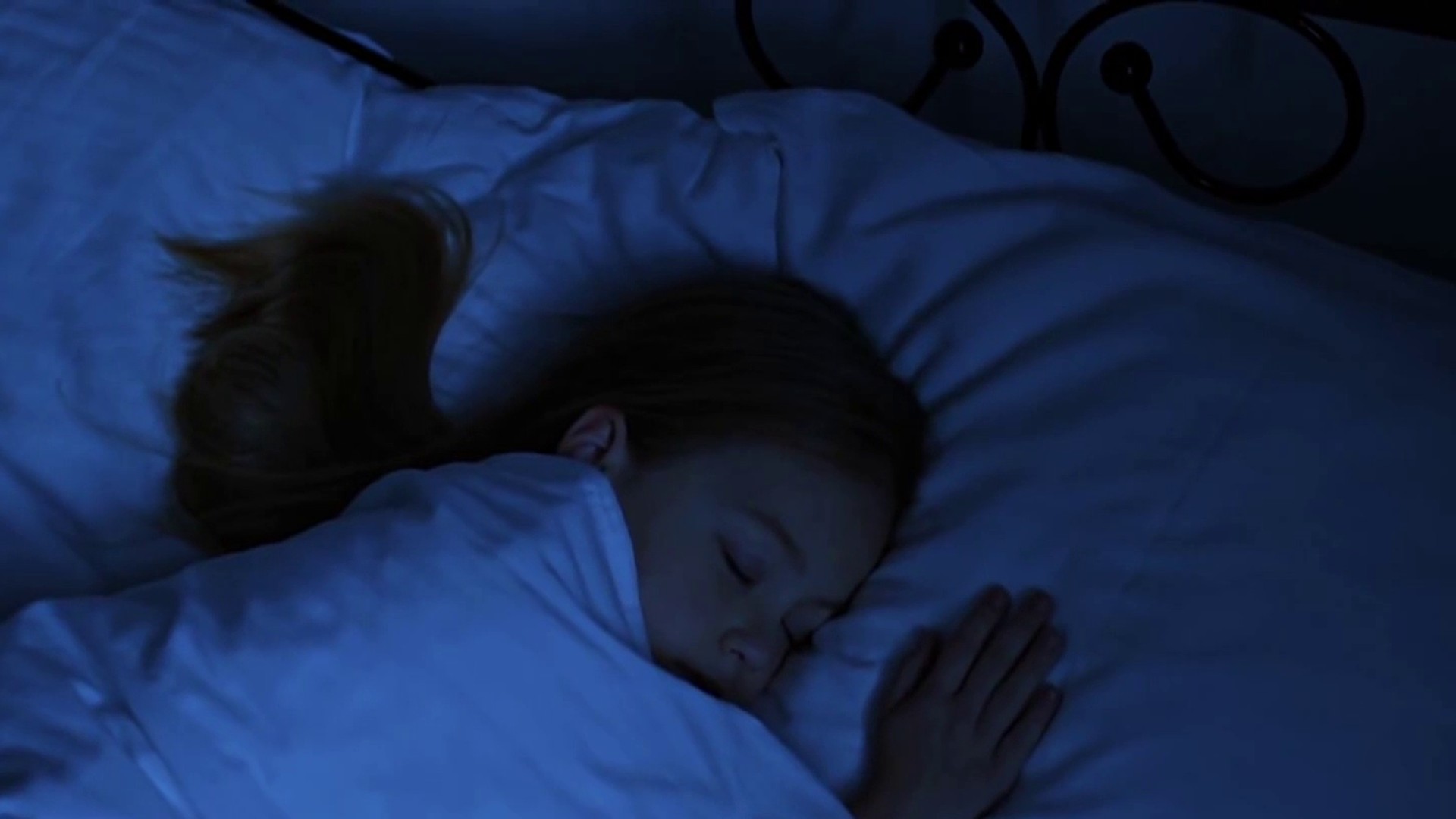Tamika Huston vanished in 2004, one year before Natalee Holloway.
Both women disappeared under mysterious circumstances: Holloway, 18, during a high school graduation trip to Aruba; Huston, 24, from her home in Spartanburg, South Carolina.
But only Holloway became a household name. Her story dominated national headlines and was even turned into a television movie.
Huston's family, meanwhile, begged media organizations to cover her case. And while local media outlets in Spartanburg picked up her story, Huston's family could not get her case the widespread attention they knew it deserved.

"I couldn't understand why I wasn't even getting, you know, 'Thank you very much, but we're not interested in this story at this time,'" Huston's aunt, Rebkah Howard, told NBC News in 2005.
Huston's body was eventually found and an acquaintance was charged with her murder, but two women living miles away in the Washington, D.C., area never forgot the lack of coverage her case received.
"We realized there were so many more Hustons in the world, who just didn't have a voice," said Derrica Wilson.
Local
Washington, D.C., Maryland and Virginia local news, events and information
In 2008, three years after Huston's death, Wilson and her sister-in-law, Natalie Wilson, founded the Black and Missing Foundation in Landover Hills, Maryland.
Giving a Voice to the Voiceless
Last year, 634,908 people were reported missing in the United States.
That's one person every minute.
Over 40 percent of those cases involve people of color, according to the FBI.
While that's a staggering statistic, many of these cases don't get the media coverage they need.
According to a 2010 report, African-American children made up 33.2 percent of missing persons cases that year, but they were significantly underrepresented in the media. African-American children received 19.5 percent of media coverage while non-African American children received over 80 percent.
The Wilsons have worked to cover that gap.
"We're not trying to dishonor any community. We're trying to even the playing field," Derrica Wilson said in a short film featured on the foundation's website.
Both women work full-time, but devote countless hours to find missing people of color from across the country. And while some of those stories don't have happy endings, the Black and Missing Foundation has helped many families find their missing loved one.
One tool the sisters-in-law use to help spread the stories of missing people is social media. Each day, the foundation's Twitter and Facebook pages are plastered with the faces of the missing.
"Arianna Fitts, 2, has been missing since early April. Her mother's body was found in a shallow grave in a San Francisco city park April 8. Have you seen her? #HelpUsFindArianna," said a Facebook post featuring three photos of a grinning little girl with big cheeks and brown eyes.
"We just need them to hit the share button," Derrica Wilson said.
The post on Arianna Fitts has been shared 1,382 times.
"We ask people to come forward if they know something," said Natalie Wilson. "They may hold the key and can bring someone home."
"You never know who you've come across," Derrica Wilson added.
What Needs to Change
Relisha Rudd's disappearance could signal a slight turning point in the coverage of missing African Americans.
The 8-year-old disappeared more than two years ago from a homeless shelter in Washington, D.C. Her case has sparked interest -- sometimes nationally -- every time investigators announce a new search for the little girl.
The search of the National Arboretum in April 2016 was covered by local news outlets, CNN, USA Today and other national media.
But the Wilsons say there's still more to be done in the coverage of missing people of color.
"In cases like Relisha Rudd, she did get a lot of media coverage, but there's so many others," Natalie Wilson said. "We have come a long way, but we do have a long way to go."
Natalie Wilson, who has 10 years of experience in media and public relations, said paying less attention to some individuals could allow for more diversity.
"Less is more," she said. "I just saw a story about Chandra Levy yesterday. She's still dominating the news cycle while cases like Relisha Rudd fade."
In addition to the media, the Wilsons say law enforcement agencies across the country need enhanced training in how missing persons cases are handled.
Derrica Wilson has firsthand experience in how some law enforcement agencies handle missing persons cases. She began her career in law enforcement in 2000 in Arlington County and later joined the City of Falls Church Police Department.
"When I was in the academy, two hours were dedicated to missing persons because it wasn't considered a crime," she said. News4 asked the Northern Virginia Criminal Justice Training Academy for its current practices; the academy has not yet responded.
Police in other cities have been criticized for the way they handle some missing-persons cases, particularly when the victims are vulnerable.
In 2009, Cleveland's police force was heavily criticized following the discovery of 11 women's bodies in the home and backyard of Anthony Sowell.
The families of Sowell's victims accused police of failing to properly investigate the disappearances because most of the women were addicted to drugs and poor.
"The families were reaching out to file missing person's reports, and they were told things like, 'Your loved one will be home when the drugs wear off,'" Derrica Wilson said.
In the D.C. area, some police departments are making changes. Several have partnered with Project Lifesaver, a national program that helps find some missing people by outfitting people with conditions that may cause them to wander away with personal locator units.
"If a person outfitted with the wristband goes missing, the police department can use a receiver set to a specific frequency to help locate the missing individual," said Ashley Savage, spokeswoman for the Arlington County Police Department.
Savage said the average recovery time is less than 30 minutes.
The Wilsons also believe more services need to be provided to victims of domestic violence.
"There's a correlation between missing persons and domestic violence," Derrica Wilson said.
Until changes are made, the Wilsons will continue to advocate for those who others ignore.
"Let's continue to keep these missing persons cases in the forefront," Natalie Wilson said.



